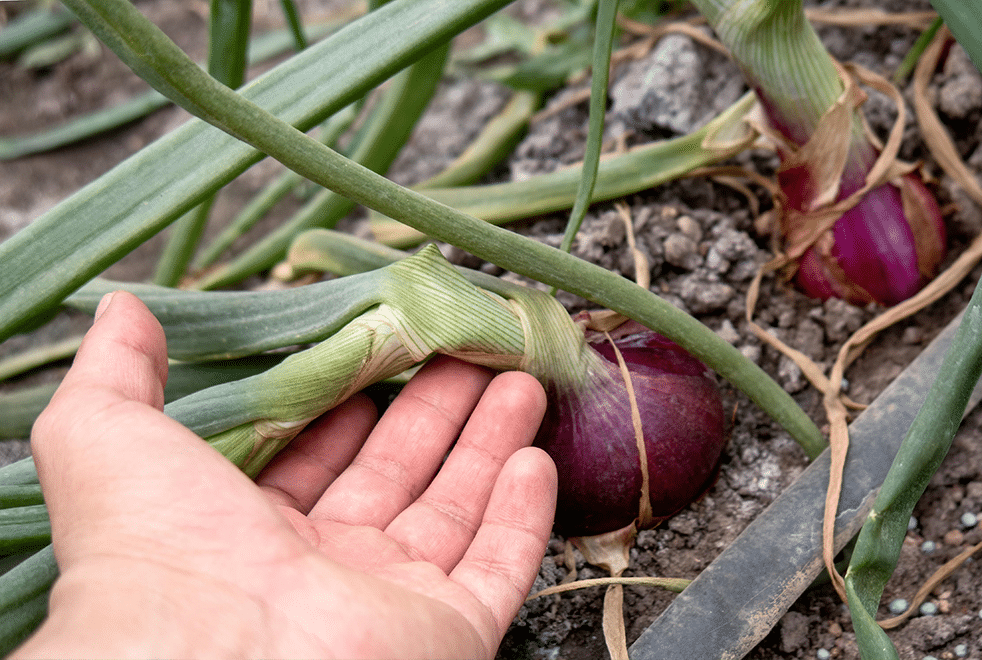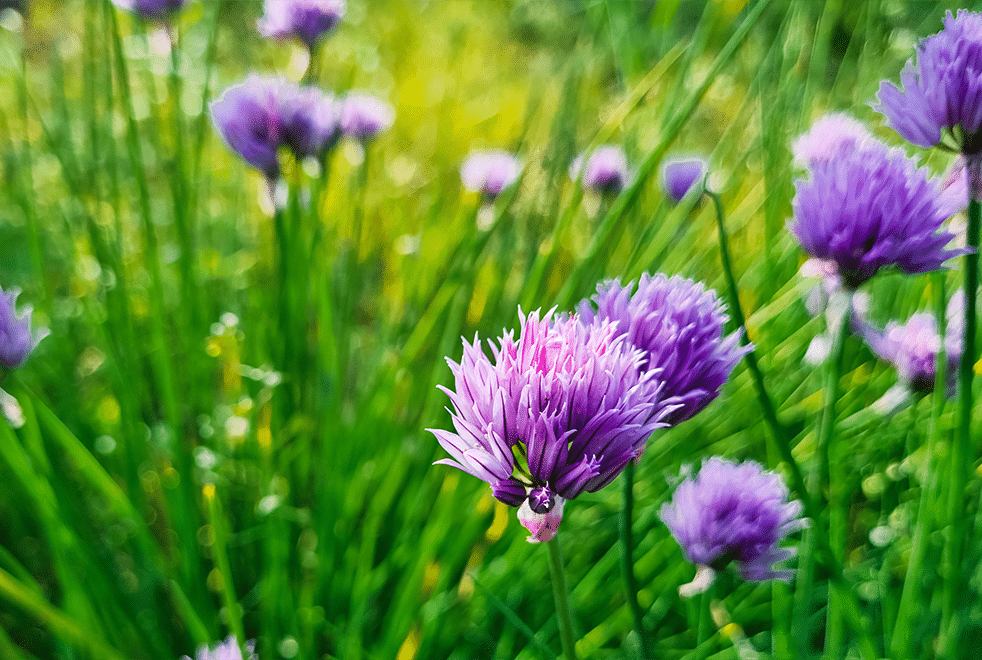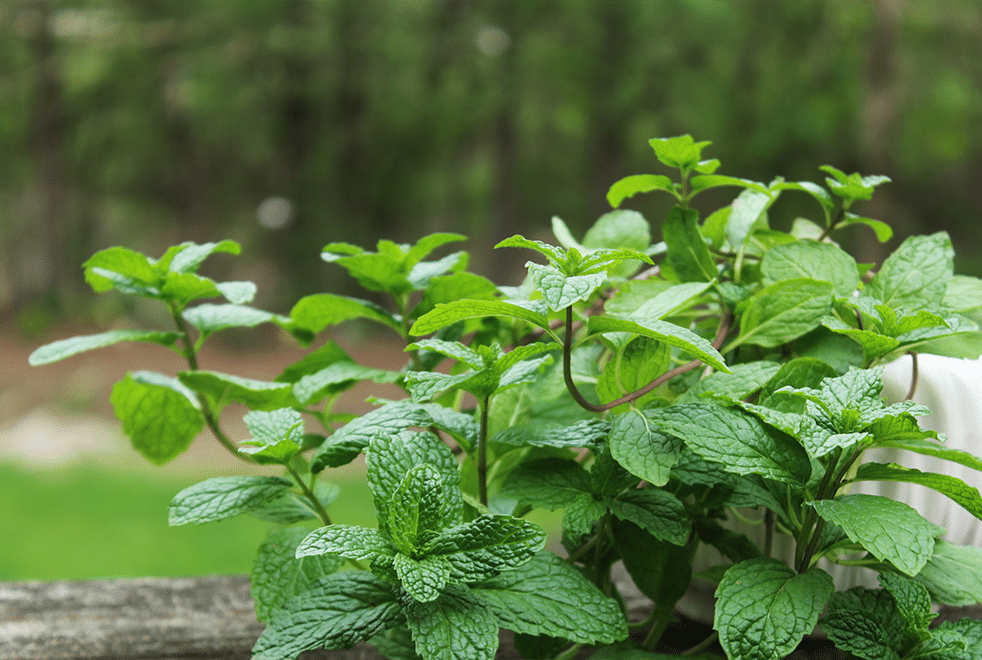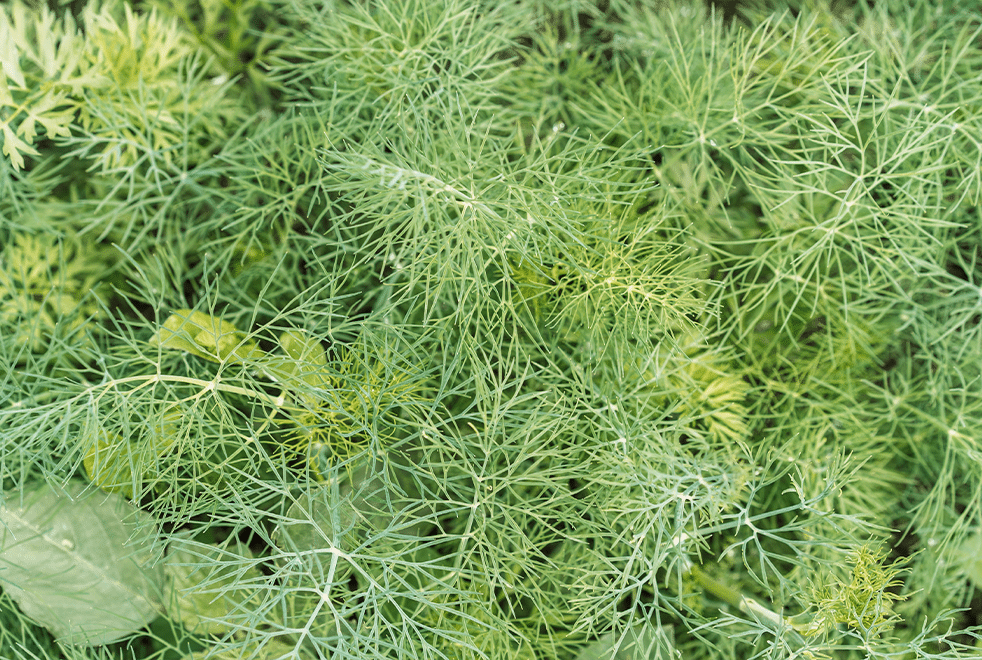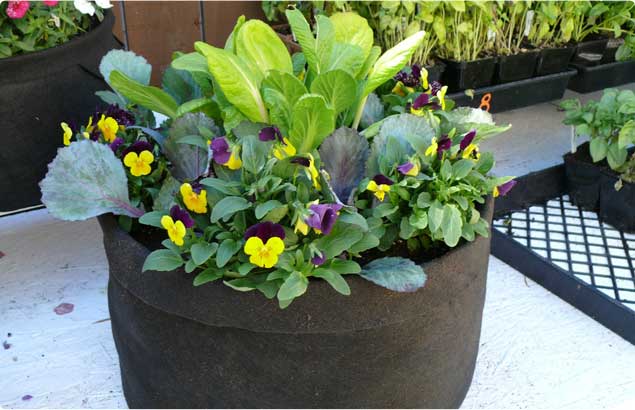Combat Pests in Your Garden with Companion Planting
Summer is in full swing, and that means it’s time to start thinking about pests. As the weather gets warmer, insects like aphids, beetles, and caterpillars start to become more active, and they may be looking for a place to call home; Your Smart Pot Garden is the perfect place for them, as it’s full of food and water.

Companion planting is the practice of planting certain plants together to deter pests or attract beneficial insects. For example, marigolds are a great companion plant for tomatoes, as they help to repel nematodes, which can damage tomato roots. Garlic and chives can also help to deter pests, while mint attracts beneficial insects like ladybugs, which eat aphids.
When choosing companion plants, it is important to consider the needs of your plants. For example, tomatoes need full sun and well-drained soil, while cucumbers prefer partial shade and moist soil. By matching your plants’ needs with the right companion plants, you can create a healthy and productive garden that is resistant to pests.
In addition to deterring pests, companion planting can also improve the health of your plants by:

If you are looking for a natural way to protect your garden from pests, companion planting is a great option. By planting the right plants together, you can create a healthy and productive garden that is resistant to pests.
Here are a few of the best companion plants for deterring pests:
By planting these companion plants in your Smart Pot Garden, you can help to deter pests and keep your plants healthy.
In addition to companion planting, there are a few other things you can do to protect your plants from pests:
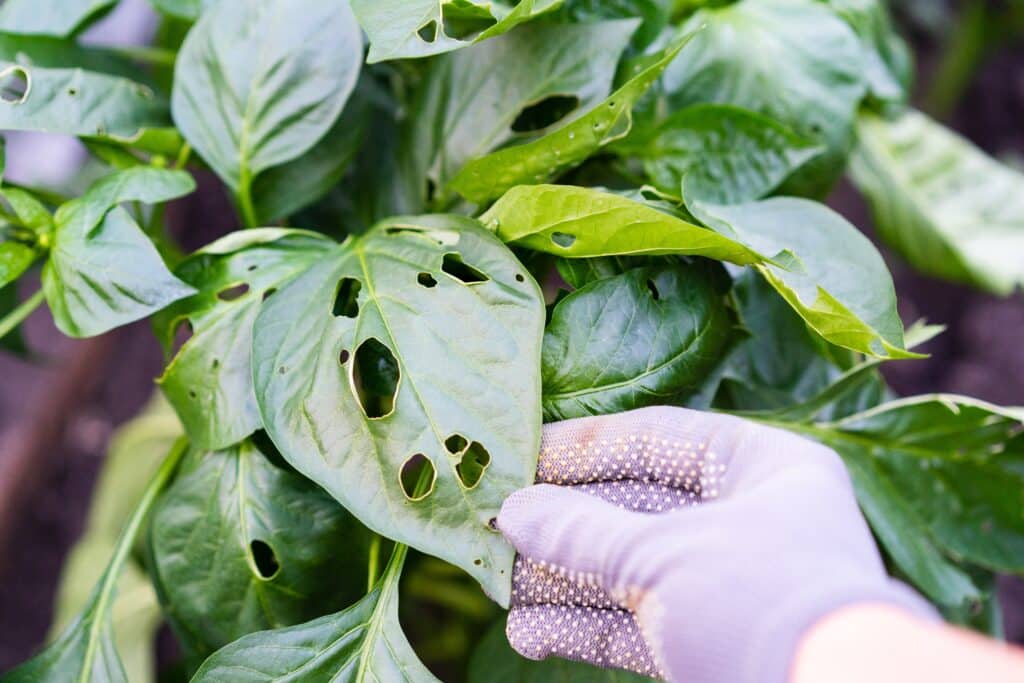
- Inspect your plants regularly: Inspect your plants regularly for signs of pests, such as holes in leaves, insect eggs, or droppings
- Remove any infested plants: If you find any infested plants, remove them from your garden immediately
- Apply insecticidal soap or neem oil: If you see a serious infestation, you can apply insecticidal soap or neem oil to your plants. Be sure to follow the directions on the label carefully
- Attract beneficial insects: Beneficial insects, such as ladybugs and lacewings, help to control pests. You can attract beneficial insects to your garden by planting flowers that they like, such as marigolds, dill, and fennel



